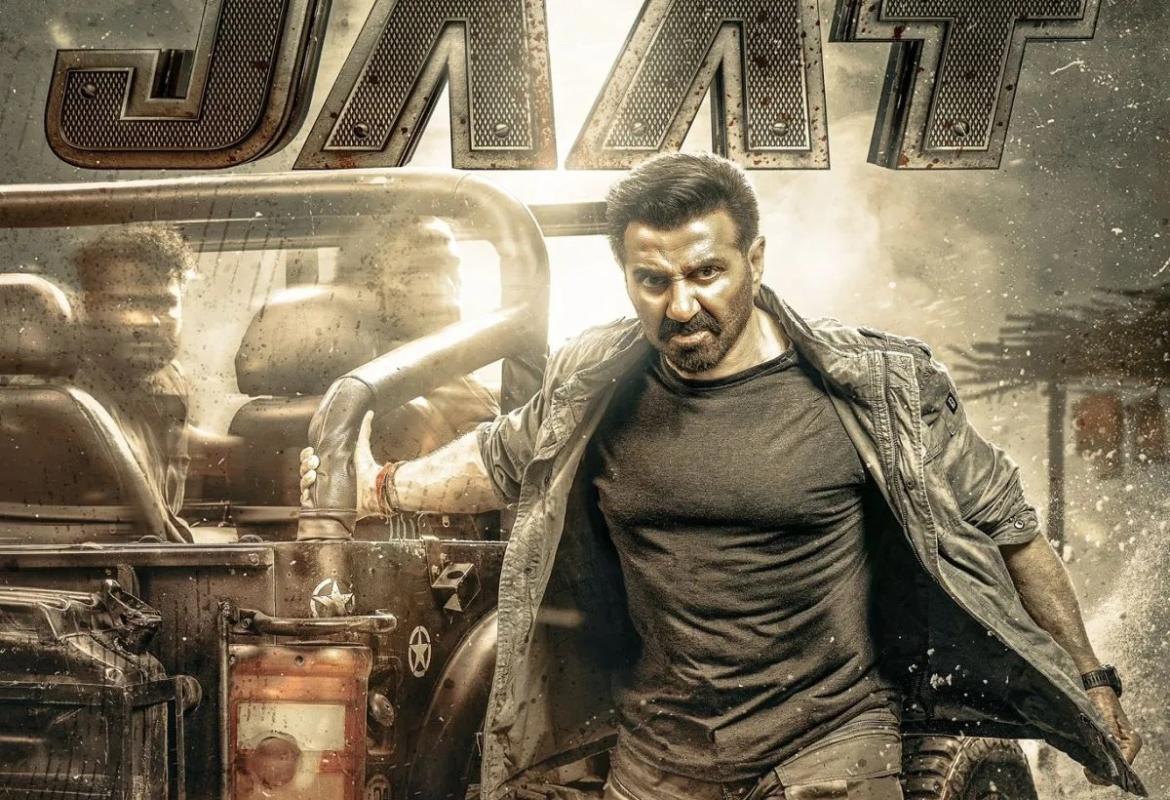‘Blaming Rajapaksa demons for lack of progress is a false pretence’ – GTF spokesperson
The Sri Lankan government cannot continue to blame members of the former regime for the lack of progress in furthering accountability said the Global Tamil Forum’s spokesperson Suren Surendiran, in a piece published in Colombo Telegraph on Saturday.
“Barely four months since [the] Government of Sri Lanka internationally committing by co-sponsoring Resolution A/HRC/30/L.29 in Geneva, the U-turn came in spectacular fashion from the highest authority in the country, the President himself,” said Mr Surendiran.
“As if there wasn’t enough trust deficit between communities in Sri Lanka, this major let down, haemorrhaged the trust of Tamils in the new President and in his new coalition government.”

